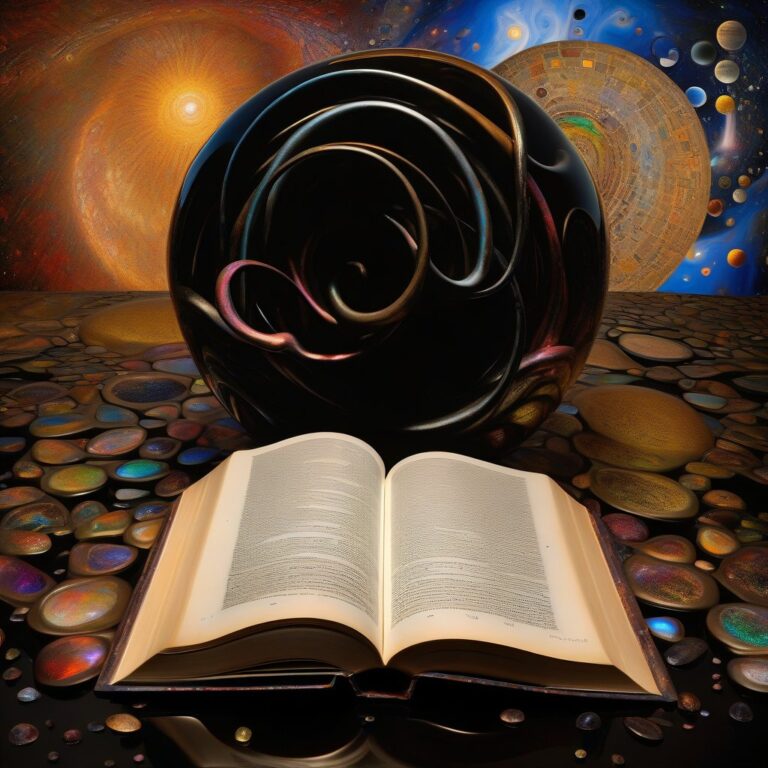"'Literally' is one of the most misused words in the English language. Literally means: exactly as stated. 'I literally rode a horse to get here.' means you saddled a horse and rode it to your destination in real life. 'I literally died laughing' is untrue, because you're still alive." —Siana W., via internet
That's not a question, but I'm going to do my best to answer it anyway.
You're a couple of years behind the times. Dictionaries reflect common language, not the other way around—that's how the meanings of words change over time.
Otherwise "nice" would still have its original English meaning of "foolish or ignorant" (from Latin "Nescire", to be ignorant, also the root of the current but uncommon English word nescience, "ignorance or unknowingness".)
You're in good company, though—Jane Austen mocked the widespread incorrect use of 'nice' to describe things as pleasant in "Northanger Abbey", in 1817. (And yet, today, here we are. Isn't it nice?)
The use of 'literally' to informally mean 'virtually' has been attested to since the 19th century. Meriam-Webster does include it as a definition.
N.B. I have been on a personal crusade to expand the usage of "literally" even further, by saying things like "I am literally hungry" or "It's literally 9 PM."
References: https://www.merriam-webster.com/dictionary/literally
Dictionary.com: what did the word 'nice' used to mean?
"Hellooo-ooo! I'm a very hoity-toity and proper dude who has the right to grant or withhold approval of how others speak their native language. Actually, the change in the meaning of 'nice' is not at all an apt comparison to the misuse of 'literally.' The latter consists of its increasingly being used in cases where its diametrical *opposite*, 'figurative,' would be accurate -- thereby obliterating the crucial distinction in meaning between the basic concepts of 'literal' and 'figurative,' and thus the respective meanings of both. It's an example of 'semanticide' (which glib apologias about how 'language always changes blah blah blah' casually gloss over). Whereas people still have a clear grasp of what 'ignorant' and 'pleasant' mean, regardless of the word 'nice' having changed over time from denoting one to denoting the other. Now pardon me, I'm very late for an appointment with my hairdresser, you've quite unfairly held me up with your insipid need to be corrected." —Ron M, via internet
Besides the Oxford English, American Heritage, and Merriam-Webster dictionaries, you've just accused Charles Dickens, F. Scott Fitzgerald, James Joyce, W. M. Thackeray and Charlotte Brontë of "semanticide" and described their use of the English language as a "glib apologia" and "blah blah blah".
I respectfully disagree.
Further, I'm dubious of your being more of an authority on the English language than any of them were, although I'll await your novel before forming a final opinion.
Also, contronyms have developed often in the English language, you can find plenty of them in dictionaries. Unlike the word "semanticide".
So, I cannot sanction any further discussion about "semanticide", and if it occurs, I will have to sanction it. It is not an original English word—rather, it's completely new and original. I can forgive this oversight, but now will be giving this conversation much closer oversight. I hold fast to this idea, lest we move too fast, and will cleave to it, because I am bound to it, and won't cleave from it or bound away from it. We need a fix for our language, to help get it out of this fix. Just putting the idea out, so it doesn't go out.
Reference: https://www.merriam-webster.com/grammar/misuse-of-literally
"Well! I, as a very hoity-toity and proper judge of all that is true and correct," —Ron M, via internet
I feel certain that Ron M said more than this in his next reply, but unfortunately in my efforts to read his latest response I accidentally blocked him.




